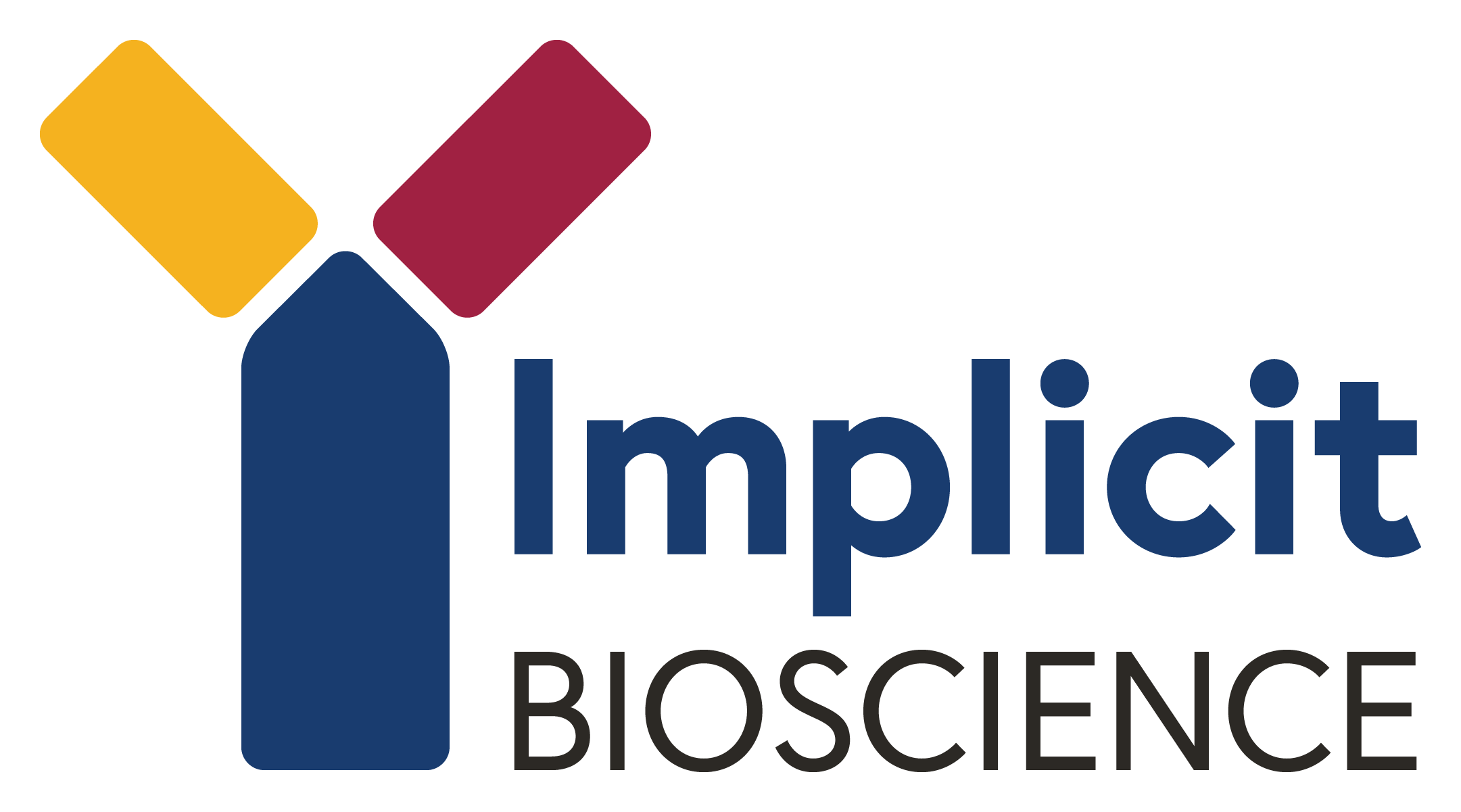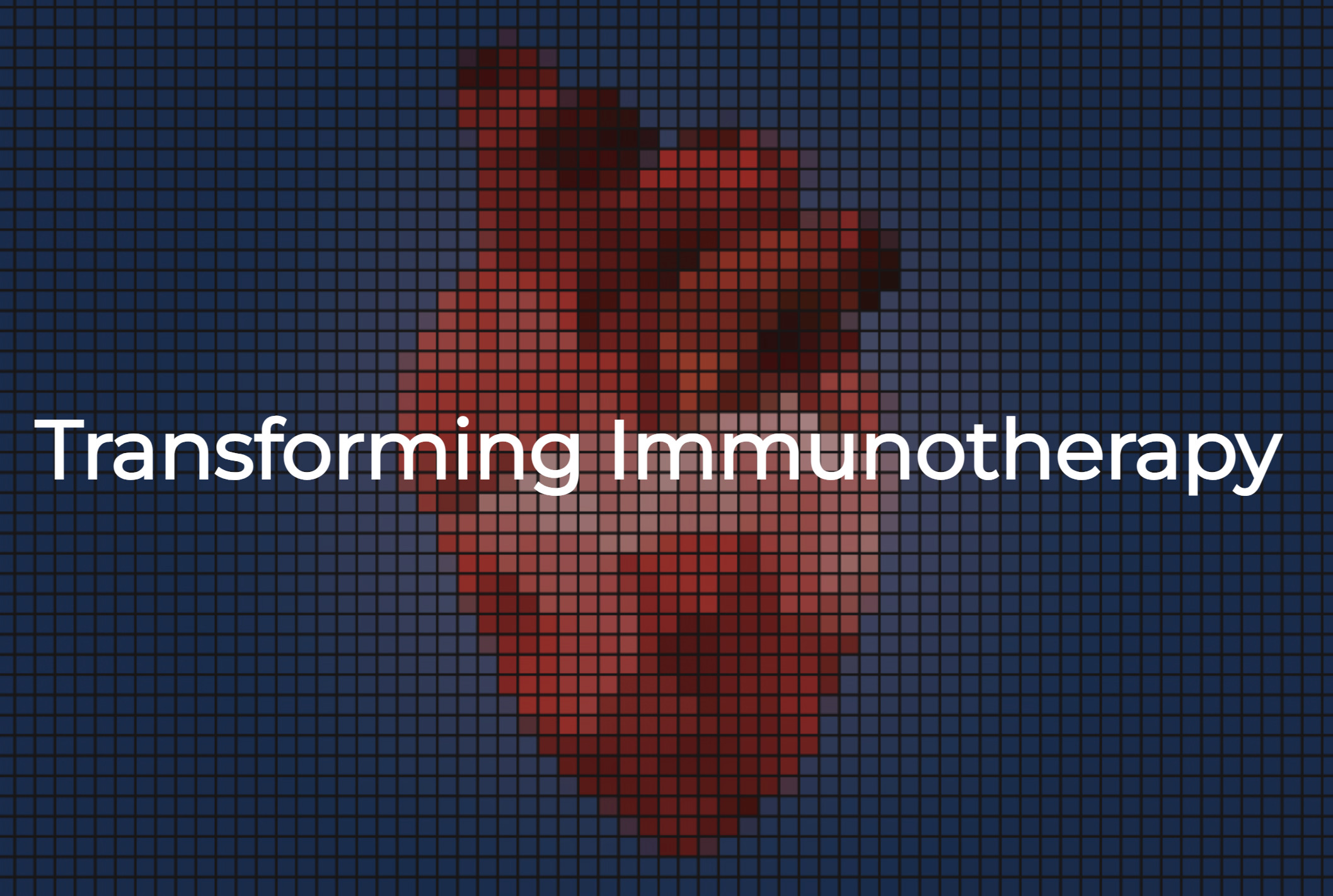The Baker Heart and Diabetes Institute’s Dr Dan Donner will bring Implicit Bioscience into the spotlight this week at the International Society for Heart Research World Congress being held in Berlin, Germany. Dr Donner has led a series of independent preclinical trials carried out by his Translational Cardiology Research Group at the Baker Institute, investigating a preclinical equivalent of Implicit Bioscience’s atibuclimab (IC14) in the setting of heart attack and heart failure.
This antibody treatment, which targets and blocks a protein called CD14, was given one hour after the onset of a heart attack at the time when blood flow is typically resumed by cardiologists. The findings being presented at the ISHR World Congress this week shows promising effects of preserving between 30 to 70% of critical heart function, otherwise lost without treatment (placebo). Using the latest technology, Dr Donner and his team of researchers were also able to show that the drug reprogrammed expression of more than a thousand genes in the immune cells known to exacerbate damage and promote heart failure following a heart attack, known as macrophages.
These preclinical findings are exciting for heart researchers and cardiologists alike, currently working with very limited medical options for preventing the progressive development in patients following heart attack. The novel findings describing the dramatic changes to inflammatory macrophages is also of critical importance to other medical research programs investigating IC14 in treating conditions in the brain, eye and lung. This is just the latest evidence supporting the proposition that IC14 targets a master regulator of the immune response known to exacerbate injury in a range of different diseases and organs.
Click here to view the Poster and watch a short preview from Dr Donner below.

